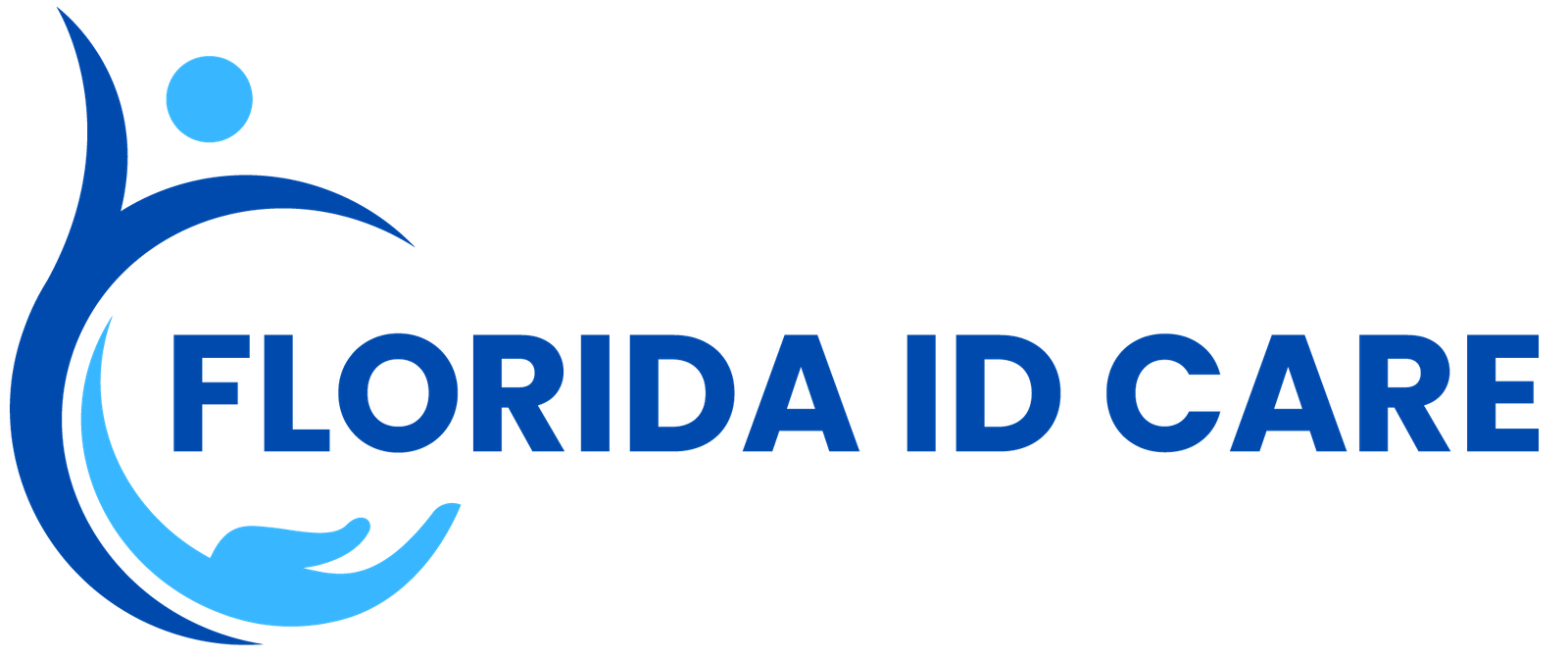Doxy-PrEP for Sexually Transmitted Infections
Doxy PrEP for STI: A newer preventive treatment using doxycycline, an antibiotic, to reduce the risk of sexually transmitted infections (STIs) like chlamydia, gonorrhea, and syphilis in at-risk individuals, particularly those engaging in high-risk sexual activity.
1. Online Consultation with an Infectious Disease Doctor
2. Easy At-Home Testing
3. PrEP Medication Delivered to Your Doorstep
Other Service
Here are our other services we serve as a professional and expert:
Appointments Scheduled at your convenience.
- Portable Infusion Pump Management
- Insurance and benefit Verification
- On Call Infectious Disease Physician
- Available 7 days a week
FAQs
Frequently Asked Questions
Doxycycline is a broad-spectrum antibiotic that fights bacterial infections. It is used to treat a variety of conditions, including respiratory infections, acne, and urinary tract infections. However, doxycycline has also shown potential as a preventive measure against some STIs when taken after potential exposure.
Recent studies suggest that doxycycline can be effective in reducing the risk of certain STIs if taken shortly after potential exposure. This is referred to as post-exposure prophylaxis (PEP). Doxycycline works by inhibiting the bacteria that cause infections, preventing them from multiplying in the body.
Post-Exposure Use
- Chlamydia and Gonorrhea: Some research indicates that doxycycline, when taken within 72 hours of a potential exposure to these infections, can help reduce the chances of infection.
- Syphilis: There is also emerging evidence that doxycycline may help reduce the risk of syphilis in some high-risk populations.
PrEP (Pre-Exposure Prophylaxis) for STIs
Although still under research, there’s potential for doxycycline to be used as pre-exposure prophylaxis (PrEP) for those at high risk of contracting STIs, similar to how HIV PrEP works. This approach is not yet widely recommended and should only be considered under medical guidance.
If you’ve had a potential exposure to an STI, your healthcare provider might suggest doxycycline as a preventive measure. Here’s how it might be used:
- Timing Matters: Doxycycline is typically taken within 72 hours after exposure for optimal effectiveness.
- Dosage: The typical prescription may involve a single dose or a short course, depending on the nature of the exposure and the specific STI risk.
- Follow-up Care: It’s important to follow up with your healthcare provider for further STI testing and treatment if necessary.
Doxycycline is not recommended for everyone, and it should only be used under the guidance of a healthcare professional. Overuse of antibiotics can lead to resistance, and doxycycline may not be effective for all types of STIs. Here are some factors to consider:
- High-Risk Populations: Doxycycline may be more appropriate for individuals at high risk of STIs, such as those with multiple sexual partners or those who engage in unprotected sex.
- Potential Side Effects: Like any medication, doxycycline comes with the possibility of side effects, including nausea, sensitivity to sunlight, and digestive issues.
Alternative Methods: Doxycycline is not a substitute for safer sex practices, such as using condoms. It should be seen as an additional preventive measure, not a replacement for condoms or other forms of protection.
Important Considerations
- Antibiotic Resistance: Overuse or misuse of antibiotics like doxycycline can contribute to antibiotic resistance, making infections harder to treat in the future.
- Consult a Healthcare Provider: Always speak with a healthcare provider before using doxycycline for STI prevention. They can assess your risk and recommend the best course of action.
Remember: It’s always better to be safe than sorry. Taking proactive steps now can help protect your future health.
